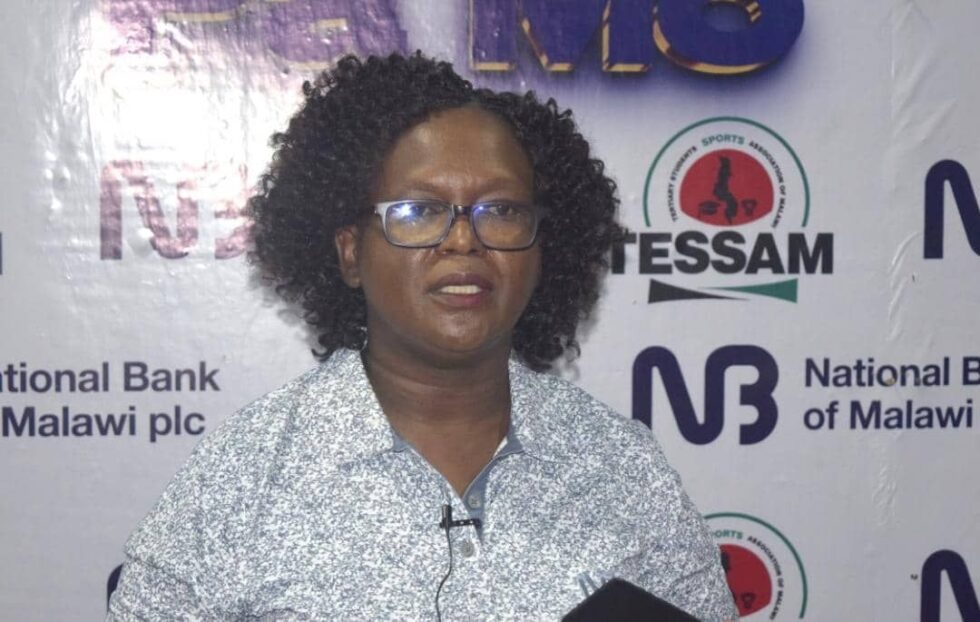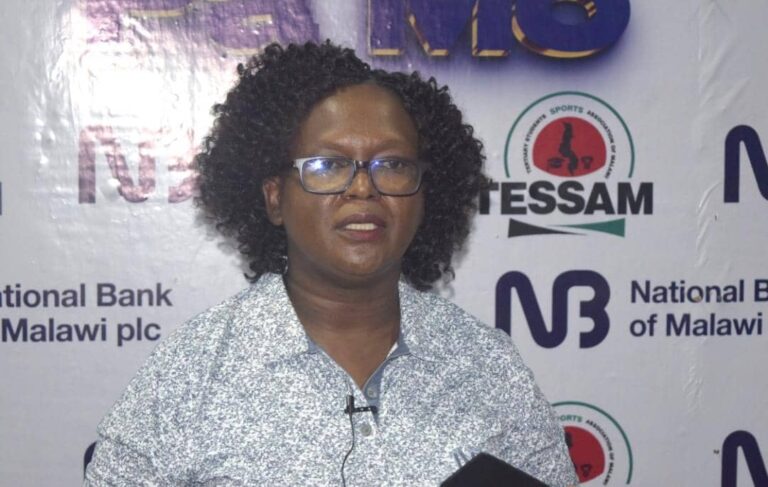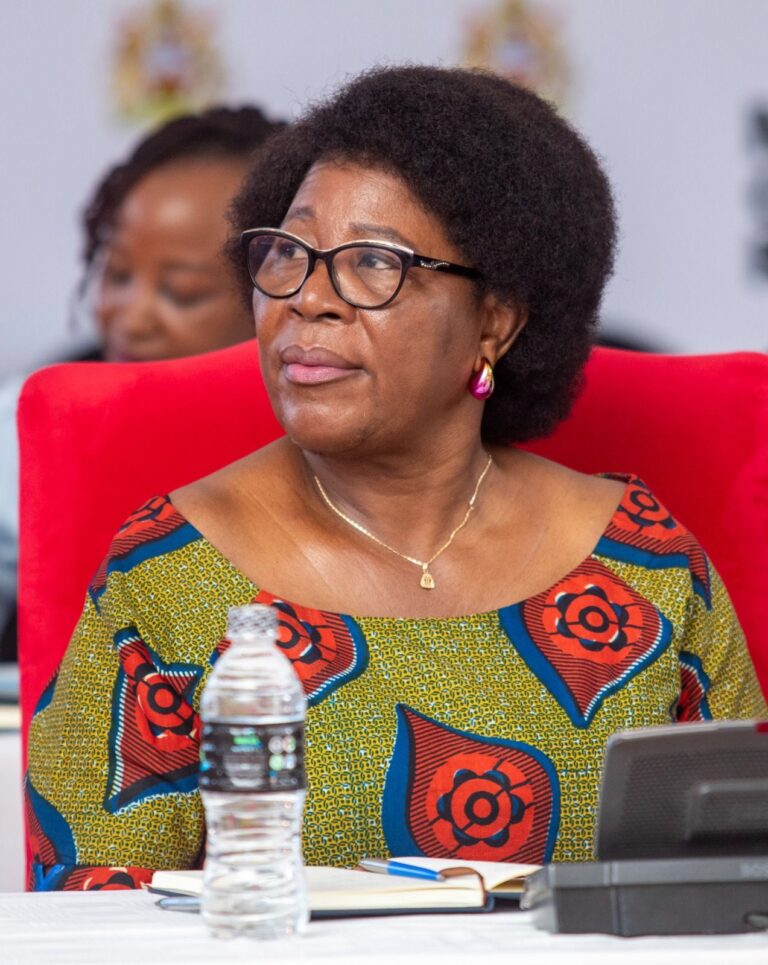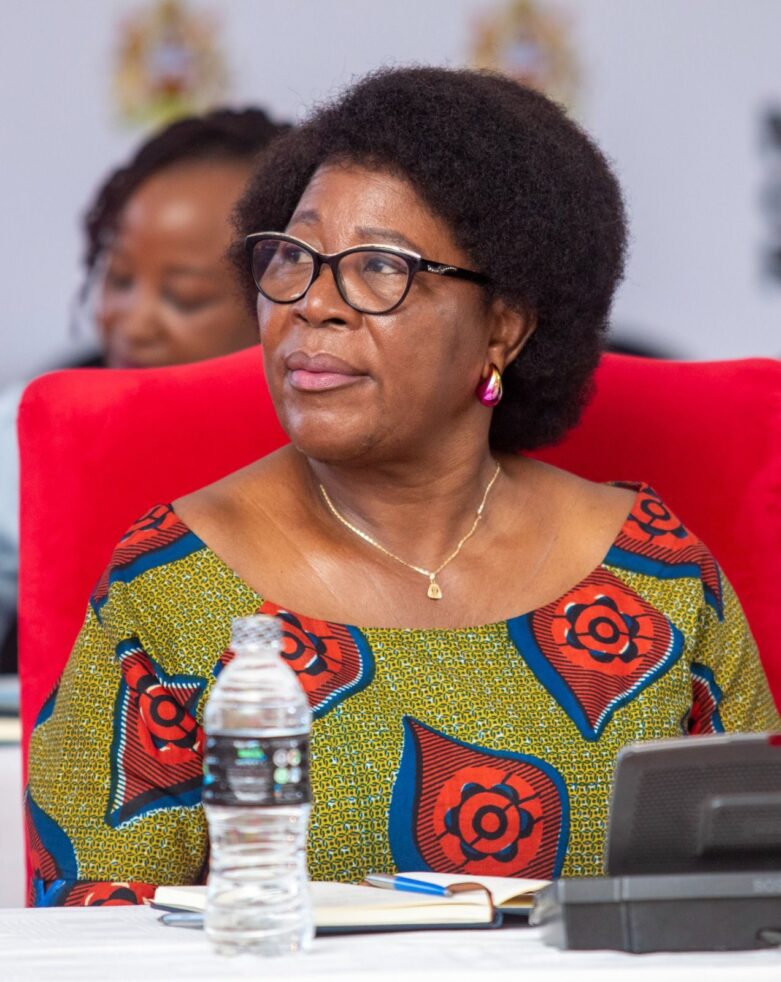By Linda Kwanjana
Mzuzu University (MZUNI) emerged as the overall winner of the Tertiary Students Sports Association of Malawi (TESSAM) Weekend Sports Festival, held on Saturday and Sunday at the University of Malawi in Zomba in a competition designed to scout athletes for the 2026 CUCSA Games in Botswana.
MZUNI outperformed its rivals with victories in men’s and women’s football, netball and volleyball, securing its position as the top institution of the tournament.

Bunda College claimed both men’s and women’s basketball, the University of Malawi triumphed in chess, while Lilongwe University of Agriculture and Natural Resources (LUANAR) led in athletics.
The festival, sponsored by National Bank of Malawi (NBM) Plc through a K17 million investment, brought together universities and colleges for a high-stakes talent identification platform aimed at assembling the next national university team, TESSAM Malawi.
Zomba NBM Plc Service Centre Manager, Tawina Malata, expressed pride in the Bank’s role in supporting Malawi’s sporting youth.
“We strongly believe that the future of our country rests in the hands of the youth, and supporting this festival allows us to nurture their talents and potential. We are pleased that several outstanding players have been identified to represent Malawi. As National Bank, we are honoured to stand with institutions in promoting discipline, ambition, and national development through sports,” said Malata.
TESSAM Malawi Vice President, Geoffrey Biya, said the tournament fulfilled its primary mission of scouting athletes for the CUCSA Games and praised NBM Plc for bridging the resource gap universities often face.
“These games were specifically organized to identify players who will represent Malawi next year. National Bank’s support made it possible for all these universities to come together and compete at this scale. We are grateful for their commitment to youth development and sports excellence,” said Biya.
MZUNI Sports Director, Thomas Movetie, whose institution delivered the strongest overall performance, described the victory as a proud moment for the university.
“We are extremely proud of what our athletes have achieved. Their hard work has paid off, and it shows the strength and determination of the MZUNI community. We also appreciate National Bank Plc for stepping in to support university sports and helping create opportunities for young athletes across the country,” said Movetie.
The festival successfully met its objective, with 30 netball players, 12 chess players, 24 volleyball players, 24 men’s basketball players, 34 women’s basketball players, 28 women’s football players, and 34 athletics competitors scouted for provisional inclusion in the national university squad.
Selected athletes will begin preparations for Botswana with their first training camp in January, followed by monthly camps until the final CUCSA team is confirmed.
Other institutions that participated in the TESSAM sports festival included Kamuzu College of Health Sciences, Natural Resources College (NRC), University of Livingstonia, DMI St John the Baptist University, MUBAS, and Bunda Campus of LUANAR.








